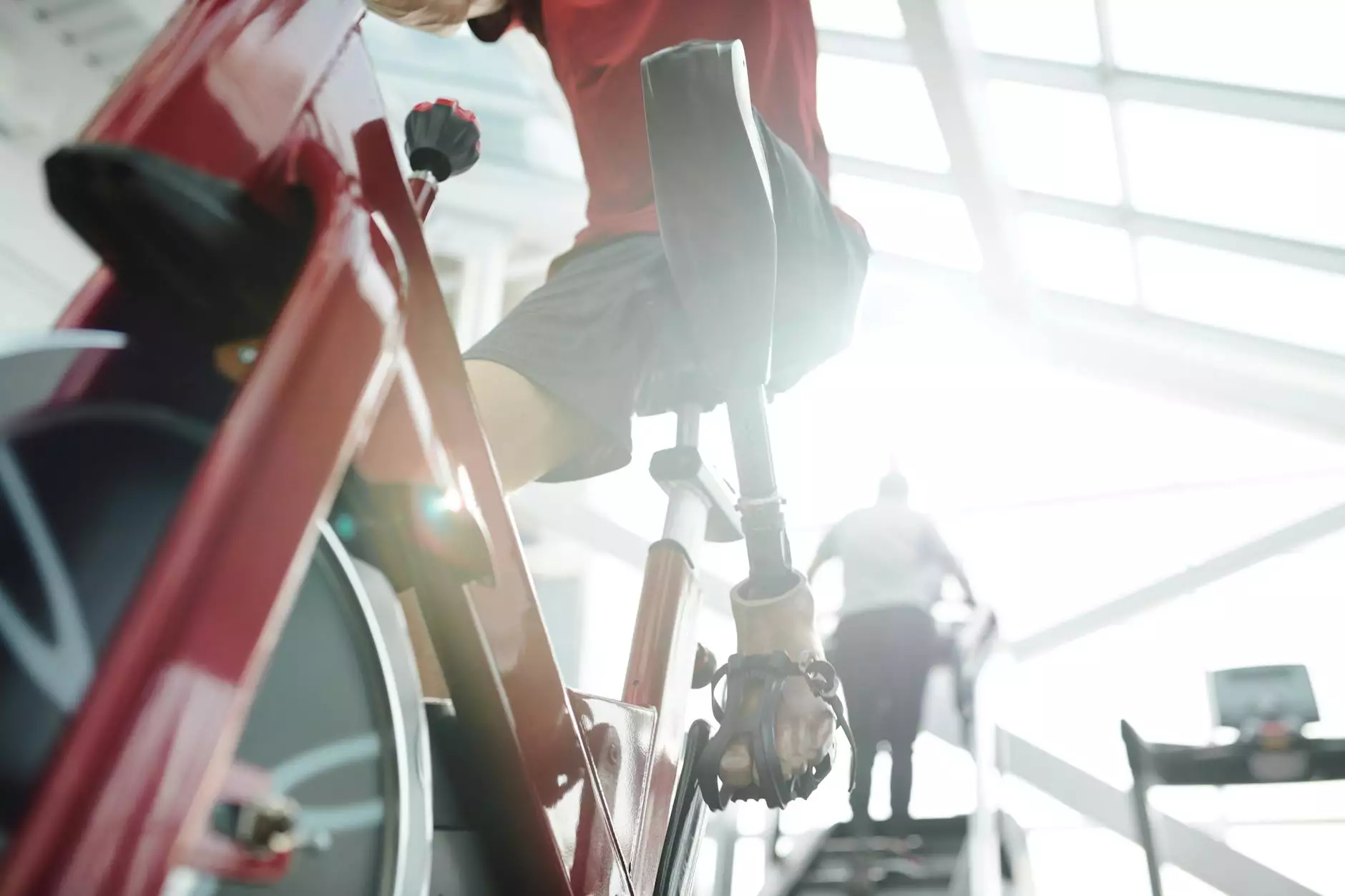The Foot Practice - High Arch Symptoms

Introduction
Welcome to The Foot Practice, your trusted destination for all things related to foot care. As expert podiatrists in the field of Health & Medical, our team is dedicated to providing comprehensive solutions to various foot conditions, including high arch symptoms. In this article, we will discuss the causes, symptoms, and treatments for high arches, ensuring that you have all the information you need to take better care of your feet.
Understanding High Arches
High arches, also known as pes cavus, is a common foot condition where the arch of the foot is significantly raised. People with high arches typically have a more pronounced curve along the bottom of their feet, leaving the ball and heel as the main weight-bearing areas when walking or running.
The exact causes of high arches can vary. Some individuals may inherit the condition, while others may develop it as a result of neurological disorders, such as cerebral palsy or Charcot-Marie-Tooth disease. Certain medical conditions, like muscular dystrophy and polio, can also contribute to the development of high arches.
Identifying High Arch Symptoms
Recognizing the symptoms associated with high arches is crucial for early detection and effective treatment. Some common signs and symptoms of high arches include:
- Pain or discomfort: Many individuals with high arches experience pain or discomfort in the feet, ankles, or lower legs due to the increased pressure on specific areas.
- Foot instability: High arches can make it difficult to find proper balance, leading to instability while standing or walking.
- Difficulty finding properly fitting shoes: The shape of high arches can make it challenging to find shoes that provide adequate support and accommodate the unique foot structure.
- Toe deformities: In some cases, high arches can contribute to the development of toe deformities, such as claw toes or hammertoes.
- Corns or calluses: The increased pressure on certain areas of the foot can lead to the formation of corns or calluses.
Treatment Options
At The Foot Practice, our skilled podiatrists specialize in providing tailored treatment plans to address high arch symptoms. The specific approach may vary depending on the severity of the condition and the individual's unique circumstances. Some common treatment options include:
- Orthotic devices: Custom orthotics, such as arch supports or shoe inserts, can help redistribute the pressure on the feet and provide better stability.
- Appropriate footwear: Our podiatrists will guide you in selecting proper footwear that offers adequate arch support and cushioning.
- Stretching and strengthening exercises: Specific exercises can help improve flexibility and strengthen the muscles in the feet and ankles, promoting better balance and reducing discomfort.
- Physical therapy: In severe cases, physical therapy may be recommended to address muscle imbalances and promote proper alignment.
- Surgical intervention: Surgery is generally considered a last resort and is only recommended in rare cases where conservative treatments haven't provided sufficient relief.
Prevention and Self-Care
While it may not be possible to prevent high arches, there are steps you can take to minimize discomfort and promote foot health:
- Regular foot inspections: Check your feet regularly for any signs of irritation, corns, calluses, or redness. Early intervention can prevent complications.
- Proper shoe selection: Choose shoes that provide good arch support and cushioning. Avoid high heels or footwear that lacks appropriate support.
- Foot exercises: Perform stretching exercises recommended by your podiatrist to help maintain flexibility and strengthen the muscles in your feet.
- Maintain a healthy weight: Excess weight can put additional strain on your feet, exacerbating high arch symptoms. Maintain a healthy weight to minimize discomfort.
- Regular podiatry visits: Schedule routine check-ups with our experienced podiatrists for professional guidance and early detection of any potential foot conditions.
Conclusion
Living with high arch symptoms can be challenging. However, with the right information and expert guidance from The Foot Practice, you can find effective solutions to manage your condition and enjoy a better quality of life. Our dedicated team of podiatrists is committed to providing the highest standard of foot care, tailored to meet your unique needs. Contact us today to schedule an appointment and take the first step towards healthier, pain-free feet!










